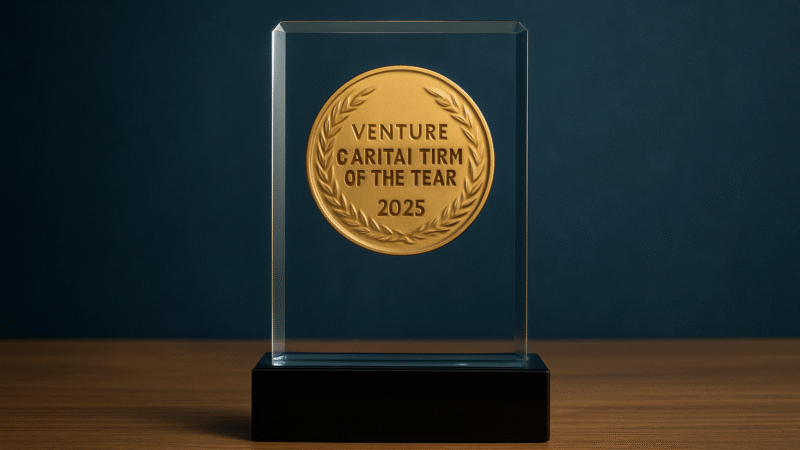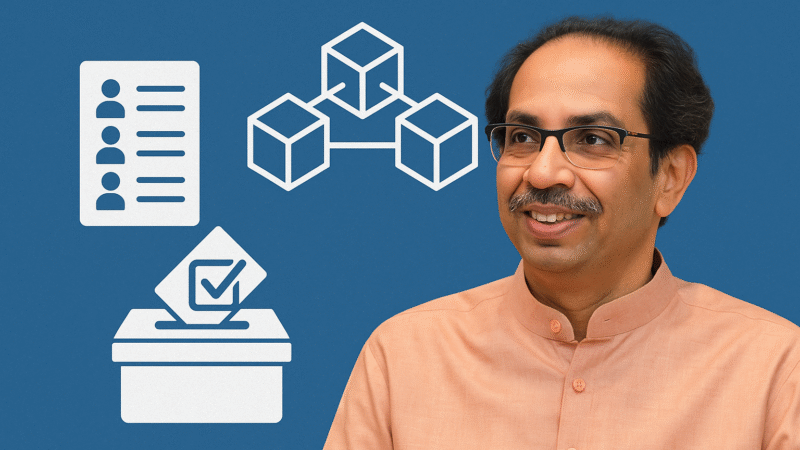Pakistan Explores Blockchain Collaboration With U.S. Officials
Introduction
Pakistan’s Minister of State for Crypto and Blockchain, Bilal Bin Saqib, engaged in a high-level meeting with officials from the United States, signaling a significant step in international blockchain cooperation. This engagement, which included discussions at the White House and with key policymakers, highlights Pakistan’s commitment to integrating digital assets and blockchain technology into its national economic strategy. The dialogue reflects the broader recognition of blockchain as a transformative technology with the potential to redefine financial systems, enhance transparency, and foster innovation across multiple sectors. The meeting underscores the willingness of both nations to explore strategic alignments in technology, regulation, and financial innovation.
Strategic Alignment On Digital Assets
The discussions between Pakistan and U.S. officials focused heavily on creating a shared vision for blockchain innovation. Both sides emphasized the importance of leveraging technology to enhance economic development, streamline financial services, and promote inclusion. Pakistan expressed its commitment to adopting blockchain solutions to modernize its financial infrastructure, while the U.S. offered insights based on its extensive experience in developing regulatory frameworks that encourage innovation while protecting consumers.
A significant part of the dialogue revolved around supporting innovation ecosystems, particularly for startups and young entrepreneurs. By aligning on digital asset regulations and blockchain standards, both nations aim to foster environments where fintech and blockchain companies can thrive. The discussions included plans for collaborative research, pilot projects, and knowledge sharing to explore emerging financial technologies. Pakistan’s leadership emphasized that innovation should not only drive economic growth but also empower citizens by improving access to financial services and creating new economic opportunities.
Commitment To Regulatory Cooperation
One of the most critical aspects of the bilateral discussions was the commitment to developing a collaborative regulatory framework for digital assets. Pakistan aims to ensure that its blockchain and cryptocurrency policies align with global standards while reflecting its national priorities. This includes establishing guidelines for the responsible issuance, trading, and management of digital assets, as well as mechanisms to prevent fraud, money laundering, and other illicit activities. The U.S. offered support in sharing best practices and experiences, particularly in areas such as regulatory sandboxes, licensing protocols, and enforcement strategies.
The discussions also emphasized the importance of cross-border regulatory alignment. As blockchain operates on a global network, consistent international standards are vital to ensure seamless operations and investor confidence. Pakistan and the U.S. recognized that by working together, they could create a model framework that balances innovation with risk mitigation, potentially serving as a benchmark for other countries exploring blockchain adoption.
Bilateral Engagements And Expanding Partnerships
Beyond the White House meeting, Pakistan’s Minister engaged with a range of U.S. officials, legislators, and stakeholders involved in digital asset policy. These interactions provided an opportunity to discuss collaborative initiatives, including blockchain pilot projects, shared research programs, and technology transfer agreements. The engagement aimed to foster trust and mutual understanding between the two countries and to lay the groundwork for sustained collaboration in the digital economy.
In addition to government-level discussions, Pakistan also explored partnerships at the municipal and corporate levels. Meetings with key stakeholders in New York City highlighted opportunities for integrating blockchain solutions into urban infrastructure, financial services, and public administration. These discussions focused on exploring decentralized applications, blockchain-based payment systems, and digital asset adoption strategies, with the goal of creating a sustainable and inclusive digital economy.
Strategic Initiatives For Economic Modernization
Pakistan has announced plans to establish a strategic Bitcoin reserve, signaling its commitment to incorporating digital assets into its national financial framework. This initiative is part of a broader strategy to utilize surplus electricity for Bitcoin mining and the development of AI data centers, thereby promoting economic growth while addressing energy efficiency. By integrating digital asset infrastructure with renewable energy and technology development, Pakistan aims to position itself as a regional leader in innovative finance and technology solutions.
In addition to energy-backed initiatives, Pakistan is partnering with international decentralized finance platforms to explore new financial models. These collaborations aim to develop regulatory sandboxes for testing blockchain applications, tokenizing real-world assets, and launching DeFi protocols in a controlled and secure environment. By engaging with global experts and investors, Pakistan seeks to ensure that these initiatives are scalable, secure, and compliant with international standards.
Technological Advancements And Capacity Building
A central theme of the Pakistan-U.S. collaboration is building technological capacity within the country. Training programs, knowledge exchange initiatives, and workshops are being planned to enhance local expertise in blockchain development, cybersecurity, and financial technology. These programs aim to create a skilled workforce capable of driving innovation and implementing blockchain solutions across industries, from finance to healthcare to supply chain management.
The emphasis on technology adoption extends beyond financial applications. Both nations discussed leveraging blockchain for government services, public records management, and secure data sharing. Such applications can improve efficiency, reduce corruption, and enhance public trust in government operations. By adopting blockchain solutions in both public and private sectors, Pakistan aims to accelerate its digital transformation and integrate seamlessly with global digital markets.
Future Prospects And Economic Impact
The long-term implications of Pakistan’s engagement with the U.S. in blockchain collaboration are significant. By fostering innovation, regulatory alignment, and international partnerships, Pakistan positions itself as a forward-looking nation ready to participate in the global digital economy. The collaboration is expected to attract foreign investment, stimulate domestic entrepreneurship, and create high-value jobs in technology and finance.
Furthermore, the integration of digital assets into the national economy can provide Pakistan with new avenues for financial stability and diversification. Strategic use of blockchain and digital assets has the potential to enhance transparency in government spending, improve the efficiency of cross-border payments, and create innovative financial instruments for businesses and consumers alike. By embracing this technology proactively, Pakistan seeks to leverage the benefits of the digital economy while minimizing the risks associated with rapid innovation.
Conclusion
The 29 September 2025 engagement between Pakistan and U.S. officials represents a major milestone in the global adoption of blockchain technology and digital assets. Through strategic dialogue, bilateral cooperation, and shared vision, both nations are laying the foundation for a collaborative and innovative digital economy. Pakistan’s commitment to regulatory alignment, technological capacity building, and strategic investment in digital assets demonstrates its determination to embrace the future of finance and technology. This partnership not only strengthens diplomatic ties but also sets a benchmark for international cooperation in blockchain adoption, economic modernization, and technological advancement.



